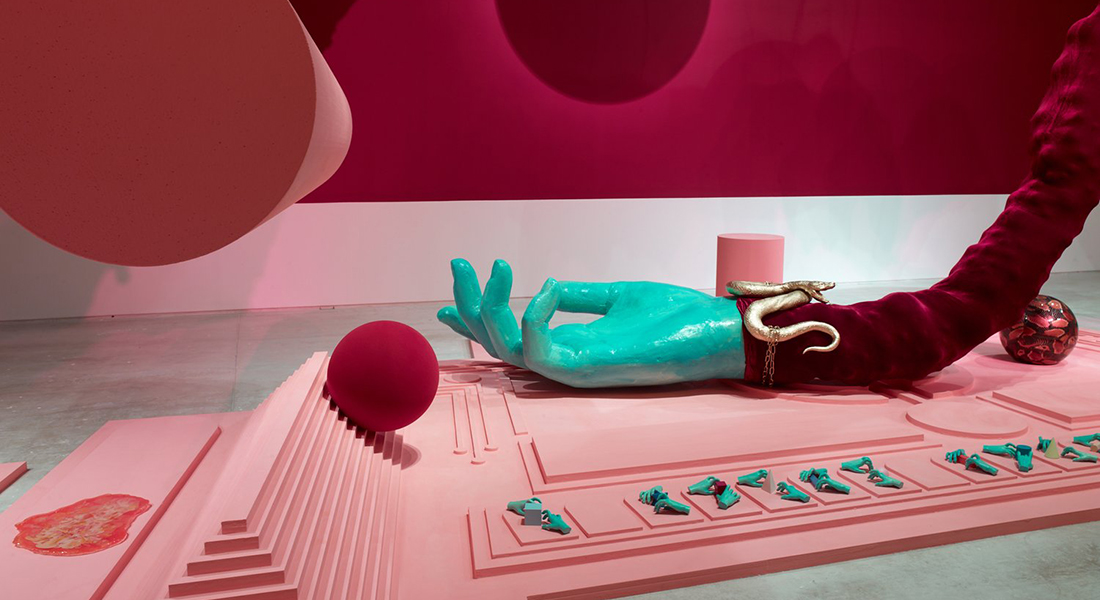Med bl.a. Kasper Outrup, 20. marts, kl. 17.30-21.00 på Ordrupgård
Twisting the Fabric of Space: On the Art and Politics of the Hidden
An interest in magic, folklore and the legacies of surrealism are conspicuous in contemporary art and theory worlds. Twisting the Fabric of Space investigates this phenomenon through detailed analyses of a select group of contemporary artists as well as a historical analysis of earlier 20th century artistic practices situated between art, politics and esotericism, a concatenation that constitutes what the project develops as ‘weird entanglements.’

The contemporary art scenes have seen something of a zeitgeist surrounding magic and the spiritual in art with many contemporary artists addressing the topic head-on in their exhibition statements. Twisting the Fabric of Space is an investigation of this phenomenon through detailed analyses of a select group of contemporary artists and a historical analysis of earlier 20th century artistic practices situated between art and mysticism. One of the theses of the project is that occult influences have always been present in artistic practices. The word ‘occult’ means hidden. Yet, paradoxically, the prevalence of the occult is found everywhere, a phenomenon often described as ‘occulture.’ It seeps into everyday beliefs, popular culture, and art.
The project focuses on four entanglements of art, politics, and esotericism to better understand some tendencies in contemporary art and our present moment. It is structured around both diachronic and synchronic lines of investigation. The diachronic perspective examines our changing relationship to notions of the Other and the Outside through three case studies – the legacies of surrealism and the Kindred of the Kibbo Kift, the boom of Folk Horror in the 1960s and 1970s, and the resurgence of esotericism in contemporary art and literature – as part of an overarching intellectual project of rethinking the human in the wake of a sustained critique of Western rationality. The synchronic study analyses the contemporary with an emphasis on art and fictions: How can technology and the occult help us explore new ways of thinking and experimenting with who we are?
The project conceptualises the weird as a liminal space of divergence that calls established explanations into question. In the face of increasingly managerial responses to anxieties and crises, weird entanglements mark a new distribution of heterodox perspectives that challenge the waning hold of religious, scientific, and socio-economic orthodoxy. They have a unique potential to appraise our contemporary situation of climate and financial catastrophe, mental health issues and so-called post-truth politics.
Researchers
| Name | Title | Phone | |
|---|---|---|---|
| Frederiksen, Kasper Opstrup | Assistant Professor | +4553630311 |
Postdoc Aaron J. French from April 2025
Affiliated researchers
Tim Rudbøg, Department of Cross-Cultural Studies
Efram Sera-Shriar, Department of English, Germanic and Romance Studies
Funding

The project has received funding from the Novo Nordisk Foundation’s Committee for Research in Art and Art History.
Project period: 1 September 2023 - 31 August 2027
